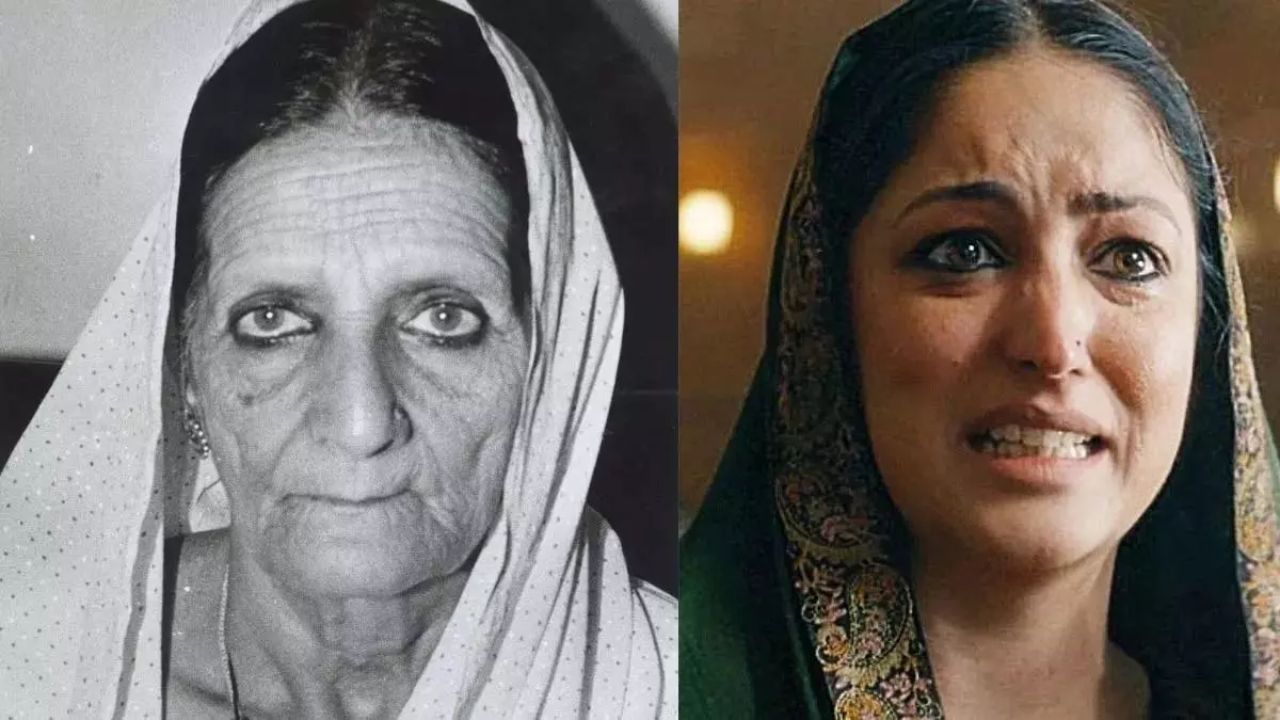 English
English

What happens when a divorced Muslim woman challenges centuries-old personal laws? Shah Bano’s landmark battle for justice shook India and inspired the upcoming film ‘Haq’. Discover the story that redefined women’s rights and ignited a national debate.

The Bollywood film Haq will be released this Friday
New Delhi: The landmark Shah Bano case of 1980 brought the issue of Muslim women’s rights into sharp national focus, highlighting the legal and social challenges faced by women seeking justice under personal laws in India.
The upcoming film Haq, starring Yami Gautam Dhar and Emraan Hashmi and produced by Junglee Pictures, aims to commemorate the courage of women like Shah Bano who fought for their rights.
In April 1978, Shah Bano Begum, a resident of Indore, filed a petition seeking maintenance from her divorced husband, Mohammed Ahmad Khan, after he stopped providing her the Rs 200 monthly support he had promised. Their marriage in 1932 had produced five children, but Khan abandoned Shah Bano after marrying a younger woman, leaving her financially unsupported.
Pushpa Impossible tv show takes 7-year leap; Karuna Pandey returns as a lawyer
Shah Bano’s plea was filed under Section 125 of the Criminal Procedure Code (CrPC), 1973, which obliges a husband to provide maintenance for a wife unable to support herself, even after divorce. Khan contested the claim, citing Muslim Personal Law, which limits a husband’s financial obligation to the iddat period the waiting period of roughly three months after divorce.
The case reached the Supreme Court of India, where Chief Justice Y.V. Chandrachud upheld Shah Bano’s claim, granting her maintenance and increasing the amount. The judgment stressed that Section 125 CrPC applies to all Indian citizens irrespective of religion and is designed to prevent destitution among neglected women, children, and parents.
"Neglect by a person of sufficient means to maintain these and the inability of these persons to maintain themselves are the objective criteria which determine the applicability of section 125… Morality cannot be clubbed with religion."
The verdict triggered significant political debate, with prominent Muslim organizations opposing the ruling as interference in Muslim personal law. The Congress government subsequently enacted the Muslim Women (Protection of Rights on Divorce) Act, 1986, limiting a husband’s financial responsibility to the iddat period and shifting post-divorce support to relatives, Wakf boards, or charitable trusts.
Although Shah Bano eventually withdrew her case amid controversy, her struggle became symbolic of the fight for self-respect and gender justice. She passed away in 1992, but her legacy lives on in legal discourse and popular culture. Her son, Jameel, reflected on her fight, stating, “It was a fight for self-respect… against our izzat being maligned in the locality and a family matter.”
Emraan Hashmi, Yami Gautam Haq teaser out; See what to expect from the film
The forthcoming film Haq aims to honor the courage of women who challenge discriminatory laws, using Shah Bano’s story as inspiration. It highlights the continuing relevance of her struggle for equality and justice in contemporary India.
The Shah Bano case remains a landmark in Indian legal history, illustrating the tension between personal laws and constitutional rights. With the release of Haq, the story of Shah Bano is set to reach new audiences, reminding the nation of the ongoing fight for women’s rights and dignity.
No related posts found.